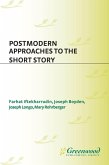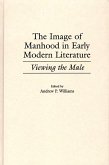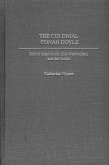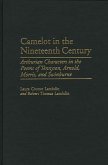The work of James Joyce, especially Ulysses, can be fully understood only when the colonial and postcolonial context of Joyce's Ireland is taken into account. Reading Joyce as a postcolonial writer produces valuable new insights into his work, though comparisons of Joyce's work with that of African and Caribbean postcolonial writers provides reminders that Joyce, regardless of his postcolonial status, remains a fundamentally European writer whose perspective differs substantially from that of most other postcolonial writers. In addition to exploring Joyce's writings in light of recent developments in postcolonial theory, Booker employs a Marxist critical approach to assess the political implications of Joyce's work and examines the influence of Cold War anticommunism on previous readings of Joyce in the West. Focusing on Karl Radek's criticisms of Joyce, the volume begins with a detailed discussion of the rejection of Joyce's writings by many leftist critics. It then examines those aspects of Ulysses that can be taken as a diagnosis and criticism of the social ills brought to Ireland by British capitalism. The following chapters explore Joyce's language as part of his critique of capitalism, the role of history in his works, the failure of Joyce to represent the lower classes of colonial Dublin, and the political implications of Joyce's writings.
Bitte wählen Sie Ihr Anliegen aus.
Rechnungen
Retourenschein anfordern
Bestellstatus
Storno









